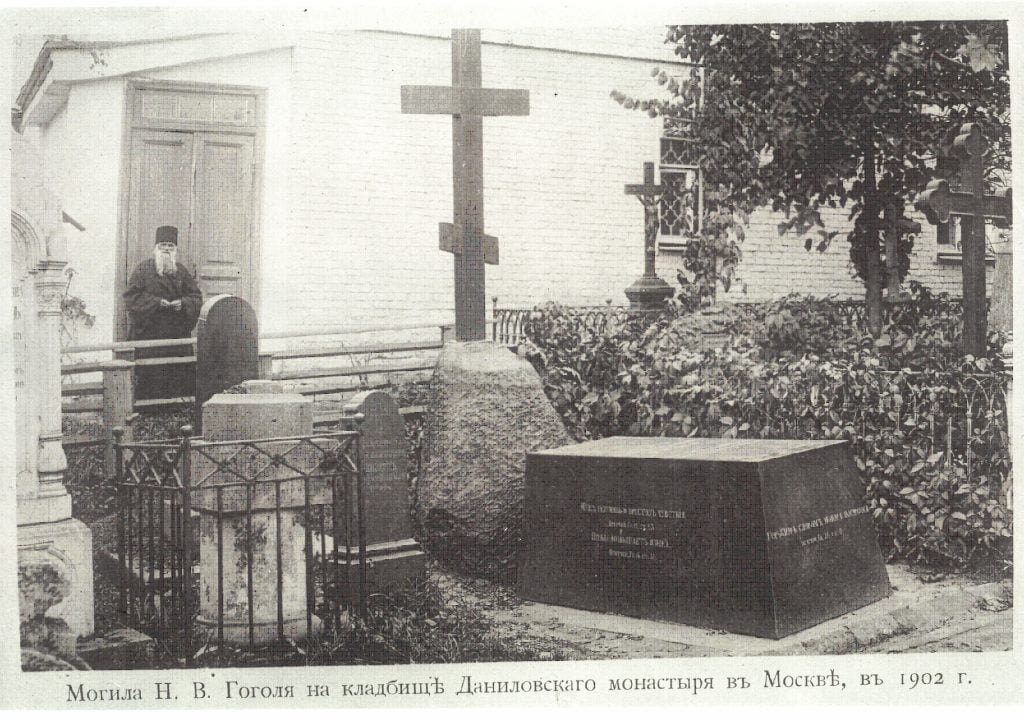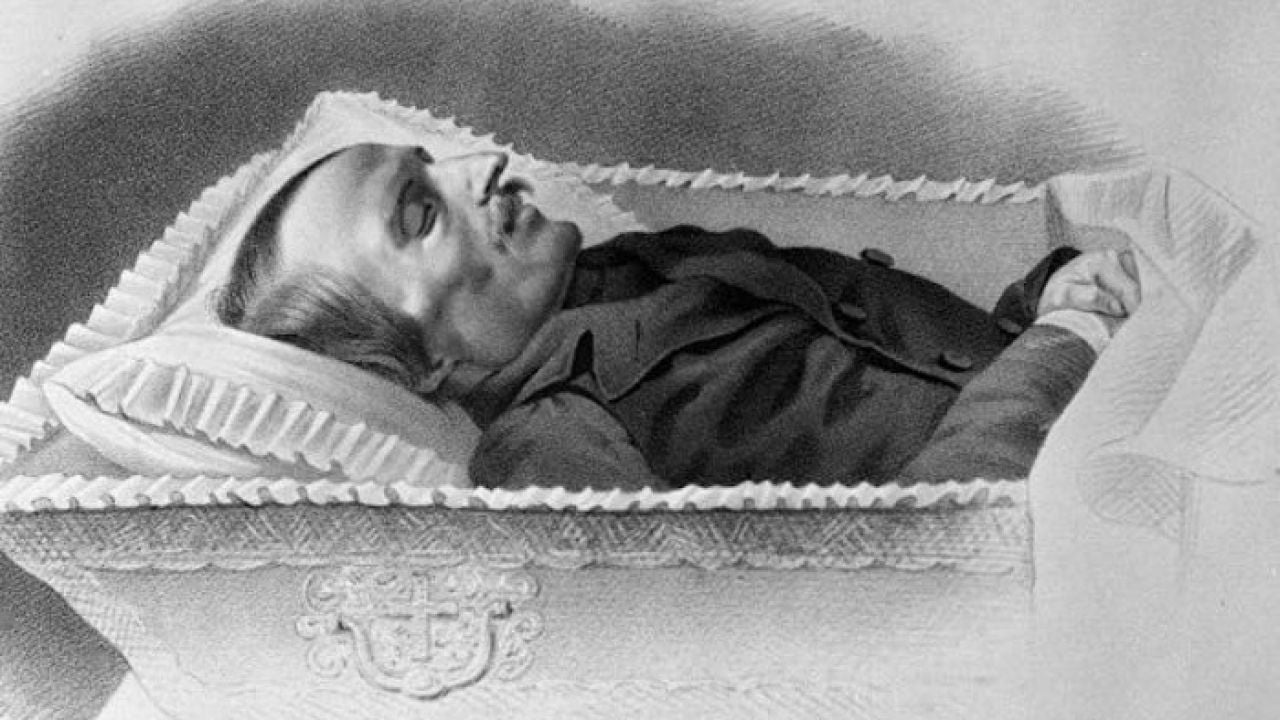For several decades, in different sources you can find the legend that the great writer has been buried while he was in a lethargic dream. Is there any reason to consider this legend reliable?
Gogol died in Moscow on February 21, 1852. Even then, a sad event was surrounded by a mystical halo-either because of the mysterious and gloomy figure of the writer himself, or because of Tafophobia known to his friends, fear of being buried alive. Rumors intensified in 1931 - so much so that Andrei Voznesensky devoted to this poem, and the organizers of the "Battle of Psychics" held "trial" On the grave of the writer. However, opponents of the theory about lethargic dreams are also enough.

Gogol was buried three days after death in the cemetery of Danilov Monastery in Moscow. Under Soviet power, the monastery was converted to the receiver for a receiver for children-sprayers and minor criminals. Because of this, Gogol’s grave was decided to open in order to transfer the ashes of the writer to the Novodevichy cemetery. During the exhumation, not only specialists were present, but also Soviet writers, including writer Vladimir Lidin. It is he who is called, if not the Creator, then the main popularizer of the idea that Gogol was buried alive.
Lidin left contradictory memories of that day. He stated the first in writing And he said that after the opening of Gogol’s coffin there was no skull there - he was allegedly stolen at the direction of Alexei Bakhrushin for the theater museum (there is no evidence of this story). Lidin set out the second version of the events orally: The internal walls of the coffin covered the scratches, and the head of the corpse was turned to one side. During the reburial, there were not without looting - for example, Lidin himself Torn off A piece of the fringe of Gogol.
The legend of the writer buried alive is becoming more and more doubtful if you turn to the documents and memoirs of the mid -19th century. Firstly, seven years before his death, Gogol sent to his friends in letters will, in the first paragraph of which it was said: “I will bequeathed my bodies not to bake until obvious signs of decomposition seem to appear. I mention this because, already during the disease itself, they found in my minutes of numbness, my heart and pulse stopped fighting ... ”
Of course, Gogol's friends who organized the funeral knew about this testament. At the same time, the writer suffered from various diseases for many years and was under the constant supervision of the best Moscow doctors. It is unlikely that professors of Moscow University were not professional enough to determine the death of the patient. Finally, shortly after Gogol’s death, the house on Nikolai Ramazanov was invited to the house on Nikitsky Boulevard, where he lived, to remove the posthumous mask. It is very difficult to believe that a professional master cannot determine that you can start work. IN letter He wrote to the Nestor Puppan: “A samovar boiled into a minute, alabaster was divorced, and Gogol's face was covered with him. When I felt a crust of Alabastra with my palm - whether he was heated and got stronger, he involuntarily remembered the will (in letters to friends), where Gogol says that he does not betray the body of his earth until all the signs of decomposition appear in the body. After removing the mask, it was possible to make sure that Gogol's fears were in vain; He will not come to life, this is not lethargy, but an eternal ill -time dream. ”
Even if you believe Lidin’s words that Gogol’s head was rotted in the coffin, there is no mysticism in this. According to experts, over time, the side walls of the coffin rotate, the lid shifts and touches the skull in its movement, which is why it turns. The memories that these walls were scratched from the inside are also failed - in almost 80 years in the ground, even the most durable wood cannot preserve such marks. It turns out that both the acquaintances of Gogol and modern experts refute the legend of the writer's lethargic dream.
Fake
Read on the topic:
- V. Lidin. Transfer of the ashes of N.V. Gogol (http://az.lib.ru/g/gogolx_n_w/text_0510.shtml)
- V. Polonsky. My struggle on the literary front. Diary (https://magazines.gorky.media/novyi_mi/2008/5/moya-borba-na-literaturnom-fronte-5.html)
- M. Davidov. The secret of Gogol's death (http://www.ngogol.ru/death/)
- Yu. Alekhin. Prah defigers // Russian House. M., 2000 No. 4. S. 11
If you find a spelling or grammatical error, please inform us of this, highlighting the text with an error and by pressing Ctrl+Enter.







